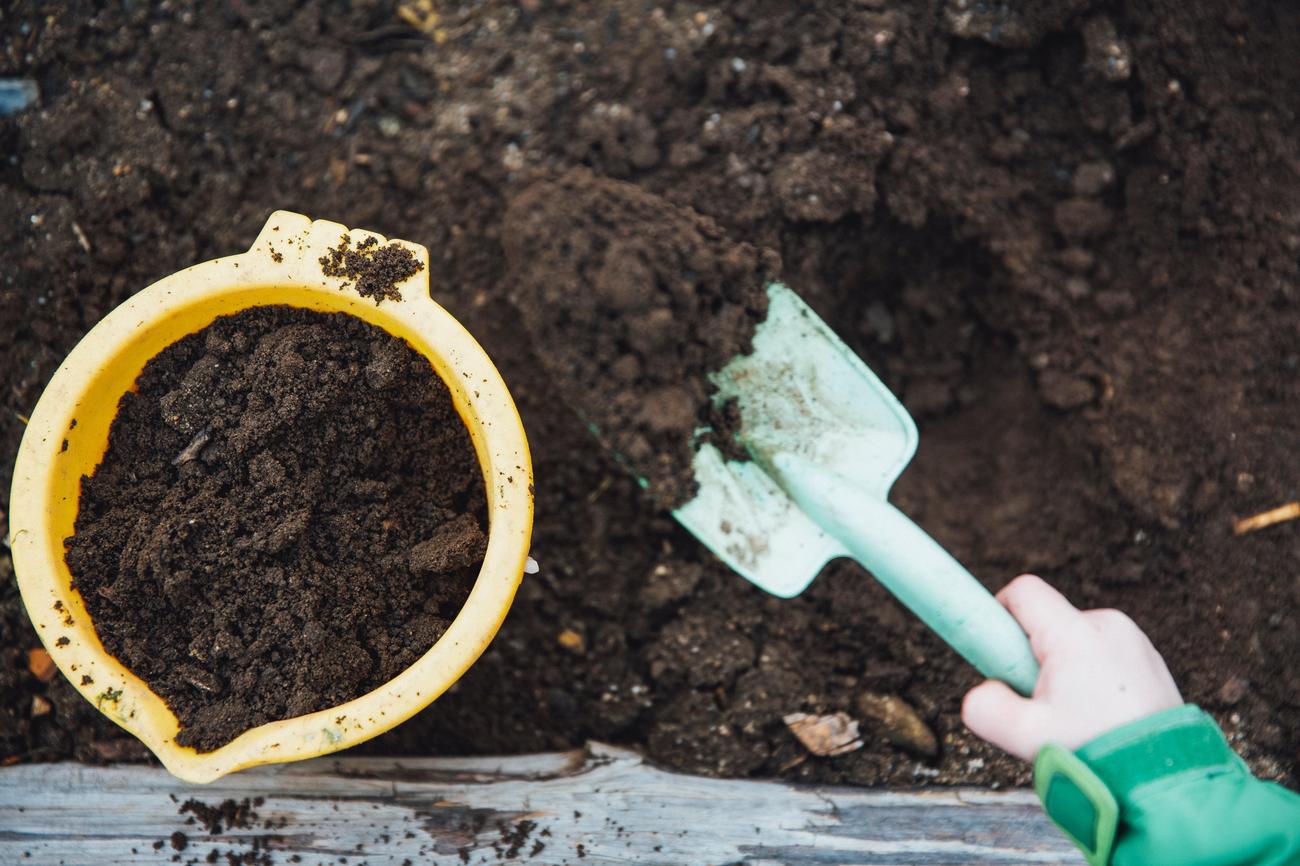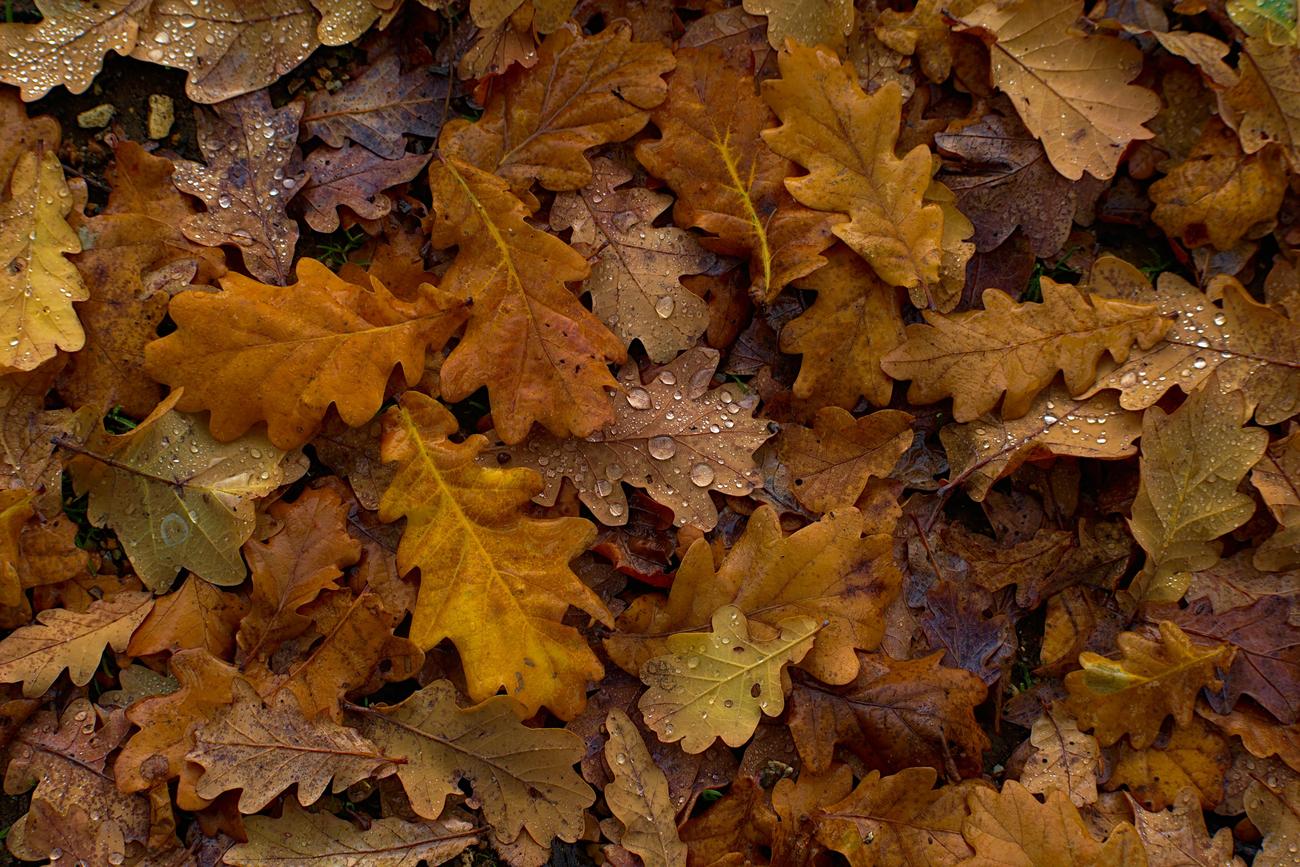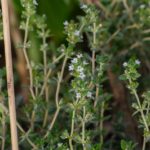Are you ready to join the movement towards a greener future? In a world where climate change and environmental degradation are increasing concerns, there is a simple yet powerful solution right in our backyard – composting organic waste. Whether you live in a bustling city or a quiet rural area, composting offers a sustainable approach to waste management and a pathway to sustainable living. In this article, we will delve into the world of composting, exploring its benefits, techniques, and how it contributes to reducing landfill waste and minimizing greenhouse gas emissions. Get ready to transform your scraps and leftovers into nourishment for the earth and take a step towards a more sustainable future.

Composting Organic Waste: A Sustainable Solution for a Greener Future
Composting organic waste is not only an effective way to reduce landfill waste but also a powerful tool to enrich soil quality and minimize greenhouse gas emissions. By breaking down organic materials like food waste and yard trimmings, composting harnesses the natural processes of bacteria and fungi to create a valuable fertilizer known as compost. This nutrient-rich soil amendment can be used to build healthier soil, conserve water, prevent erosion, and promote robust plant growth in gardens and yards.
Why Composting Matters
The impact of composting goes beyond the simple act of recycling organic waste. It provides a means to achieve the three R’s – reduce, reuse, and recycle – by diverting materials that would otherwise end up in landfills or incinerators. By embracing composting, we can actively reduce the volume of waste that harms the environment.
The Composting Process: An Organic Symphony
Composting is a natural and controlled process that mimics the decomposition that occurs in nature. Just like great composers, we must ensure all the instruments, in this case, the organic waste, bacteria, fungi, air, and water, work together harmoniously to create compost. Finding the right balance of these elements is crucial for successful composting.
Cold Composting vs. Hot Composting: The Speed and Temperatures
In the world of composting, there are two main methods: cold composting and hot composting. Cold composting requires minimal effort and allows organic matter to break down gradually over time. It’s like a slow dance, enabling the decomposition process to occur at a slower pace. On the other hand, hot composting is more like a lively tango, where the organic matter breaks down faster thanks to active maintenance and higher temperatures.
Tips for Successful Composting
To embark on your composting journey, there are a few key considerations to bear in mind. Firstly, choosing the right location for your compost is essential. It should be dry, shady, and well-drained, allowing for proper aeration and moisture balance. Secondly, ensure your compost pile contains the right mix of nitrogen and carbon-rich materials. Green waste like fruit and vegetable scraps provide nitrogen, while brown waste such as leaves and twigs contribute carbon. Lastly, regular aeration and moisture control are vital to speeding up the composting process and maintaining the right environment for organisms to thrive.
Benefits of Composting: Cultivating a Greener Future
The rewards of composting go far beyond waste reduction. By composting our organic waste, we can enrich the soil, improve plant health, and minimize our reliance on chemical fertilizers. Compost acts as a natural alternative, aerating the soil, breaking down organic material, and guarding against plant disease. It’s a simple yet impactful solution that ensures the circle of life remains intact, returning valuable nutrients back to the earth.
In conclusion, composting organic waste is a practical and sustainable way to reduce landfill waste, improve soil quality, and mitigate environmental impacts. By adopting this simple yet powerful practice, we can all contribute to a greener future. So why not start composting today and join the movement towards a more sustainable way of living?
“Composting organic waste is not just about waste reduction; it’s about cultivating a greener future, one heap of compost at a time.”
Composting is a fantastic way to reduce waste and create nutrient-rich soil for your garden. Are you wondering what can be composted? Look no further! We have compiled a comprehensive list of items that can be composted, from fruit and vegetable scraps to coffee grounds and even cardboard. Check out our article on What Can Be Composted to discover all the surprising items you can add to your compost pile and help Mother Earth thrive.
– What Can Be Composted
FAQ
Question 1
What is composting and how does it work?
Answer 1
Composting is a natural process that breaks down organic matter, such as food waste and yard trimmings, using bacteria and fungus in the soil. These microorganisms decompose the materials and convert them into a nutrient-rich soil amendment.
Question 2
Why is composting beneficial for the environment?
Answer 2
Composting reduces the amount of garbage sent to landfills, reuses organic matter, and recycles it into a useful soil amendment. By composting, we can reduce landfill waste, improve soil quality, conserve water, prevent soil erosion, and minimize greenhouse gas emissions.
Question 3
What are the different types of composting?
Answer 3
There are two main types of backyard composting: cold composting and hot composting. Cold composting breaks down organic matter slowly with minimal effort, while hot composting breaks down organic matter more quickly with active maintenance.
Question 4
How long does it take to obtain usable compost?
Answer 4
Composting can take one to two years before usable compost is obtained, depending on the method used. Hot composting generally produces compost faster compared to cold composting.
Question 5
How can I create an ideal composting environment?
Answer 5
To create an ideal composting environment, choose a dry and shady location for your compost pile. Avoid areas with poor drainage or excessive rain. It is important to maintain a balance of nitrogen, carbon, air, and water in the compost and provide consistent aeration and moisture for successful decomposition.
- Georgia Platform: A Southern Strategy, 1850s - March 31, 2025
- How many weeks is 40 days: Quick Conversion Guide for Accurate Results - March 31, 2025
- How many feet is 300 meters? 984 Feet: Understand Length Conversions Easily - March 31, 2025
















